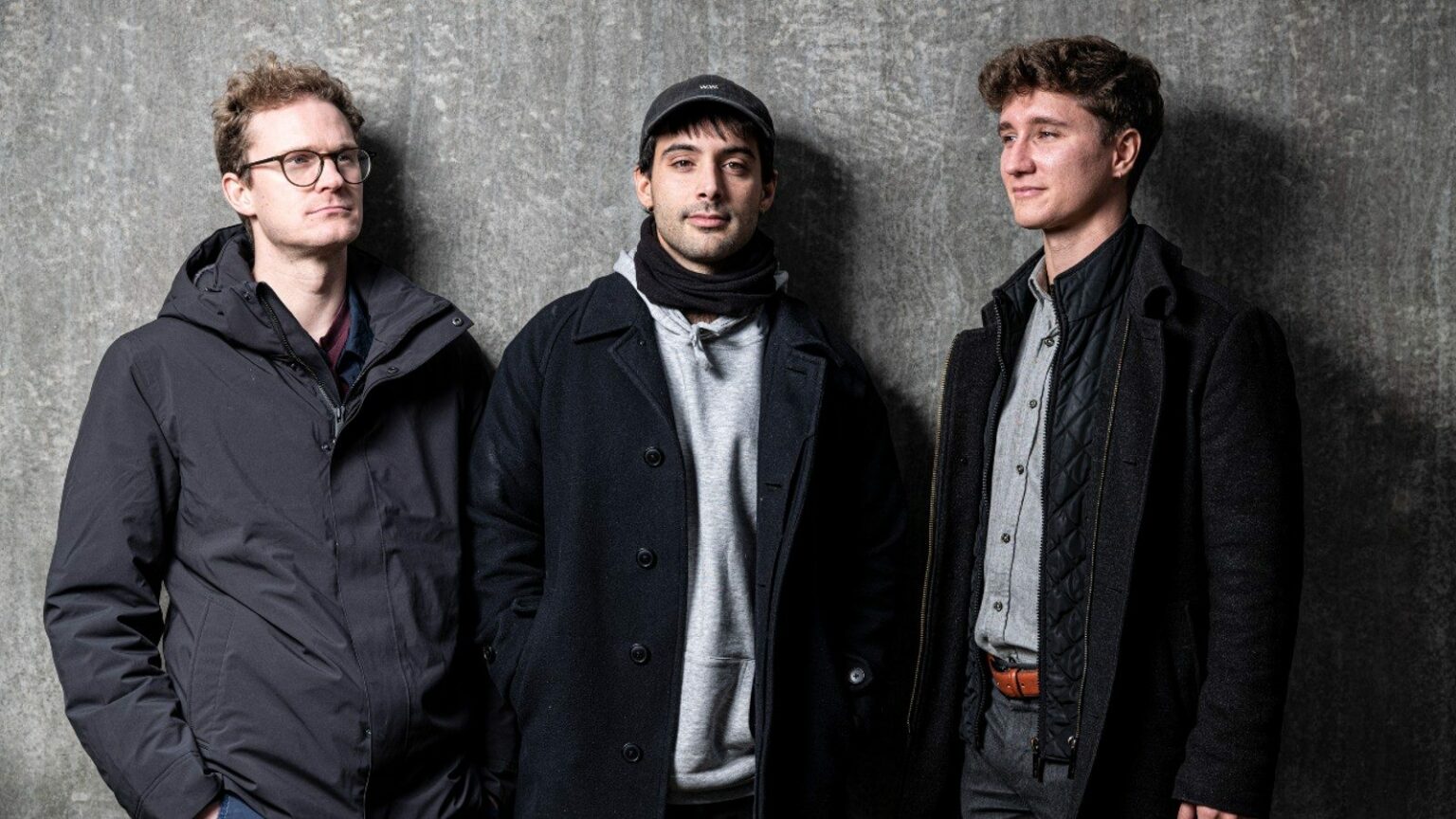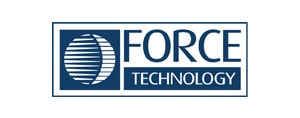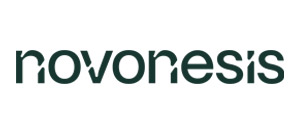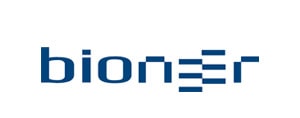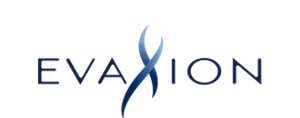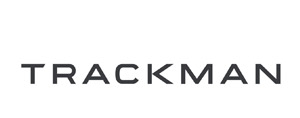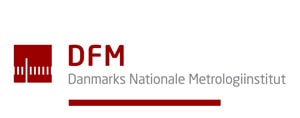Throughout large buildings, an electrician has spent much time putting stickers on sockets and other electrical installations. This is because the law requires that a sticker is placed on them indicating which fuse the individual installation belongs to. However, the stickers are often placed incorrectly or fall off. This means that the process needs to start again. It is expensive and cumbersome.
Could this be made simpler? The answer, according to the founders of Simplewire, is yes. They have developed a small hardware device which is installed in the electrical panel.

The device subsequently digitalizes all electrical installations. Therefore, instead of looking at a little sticker on the electric socket, which tells you what fuse it belongs to, you can just scan the socket or other electrical material that is connected to the fuse with a scanner.
Sasha Beck
CEO of Simplewire
Ditched his own startup and joined Simplewire
Together with his co-founders Dennis True and Peter Tune, Sasha Beck won Danish Tech Challenge 2021.
Sasha Beck initially participated with another company, but became part of Simplewire instead midway throughout the program.
Dennis True deems Sasha’s entry into Simplewire and their participation in Danish Tech Challenge as decisive:

“The participation in Danish Tech Challenge professionalized the entire company. We became much clearer on what we should do in relation to customers and ownership structure – everything that makes a company worth building on. And we realized that we needed someone like Sasha, who is good at raising funding and who knows a lot about the production aspect.
Dennis True
CTO, Simplewire
Raised DKK 5 million in few months
Immediately after the finale, the company was occupied with raising more capital. The coffers were nearly empty, and they wanted to establish production, which is expensive.

So, we were out raising DKK 5 million the first 4-5 months after the finale.
Sasha Beck
CEO of Simplewire
He believes that participation in Danish Tech Challenge made it much easier to find investors than expected, as it enhanced their visibility and functioned a seal of approval of the company.
“We received the first round of production in the summer, which allowed us to make our first few sales and become aware of all the glitches and defects,” Peter Tune says.
Developing hardware takes a long time
Since then, they have spent time gathering feedback from customers and developing the product, so that they can commence a production that is scalable.
Achieving this has taken longer than expected. This is due to the fact that developing hardware takes an inordinate amount of time. This is especially the case when no industry standard exists that one can align their product to, the three founders emphasize.
One of the things they have been working on is making the devices smaller, so that they occupy as little space as possible in the electrical panels. This gives the electrician more space they can work on.
“We’re trying to avoid ‘over-engineering’, and instead go to market and start selling. However, to do this means that we also need to have a good, solid product, which is reliable for customers,” Peter Tune concludes.
About Danish Tech Challenge
Danish Tech Challenge is a five month intensive acceleration program where participants have access to sparring from mentors and advisors, a prototype workshop, investors and a grand prize – The Entrepreneur Award – from Industriens Fond worth DKK 500,000. Danish Tech Challenge was established in 2014 and is supporting hardware startups in bringing new products to the market. More than 100 startups apply each year. Danish Tech Challenge is run by DTU Science Park and supported by Industriens Fond.
